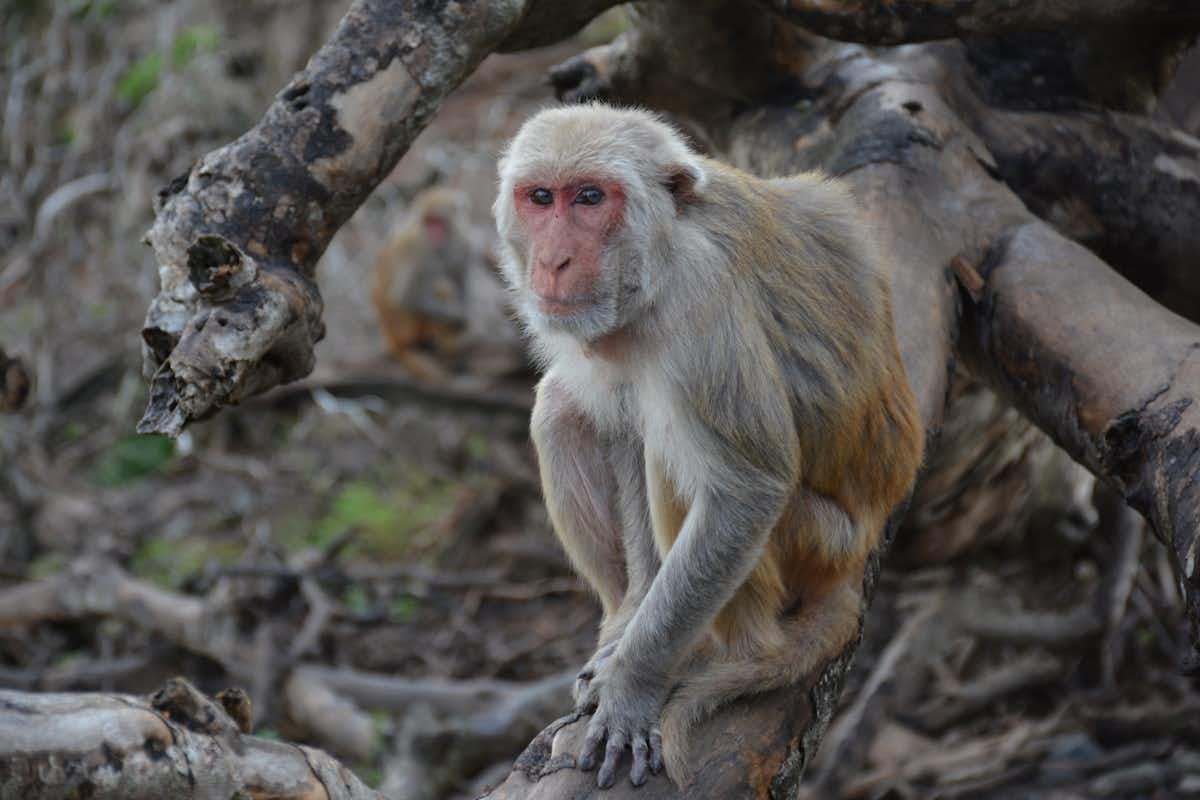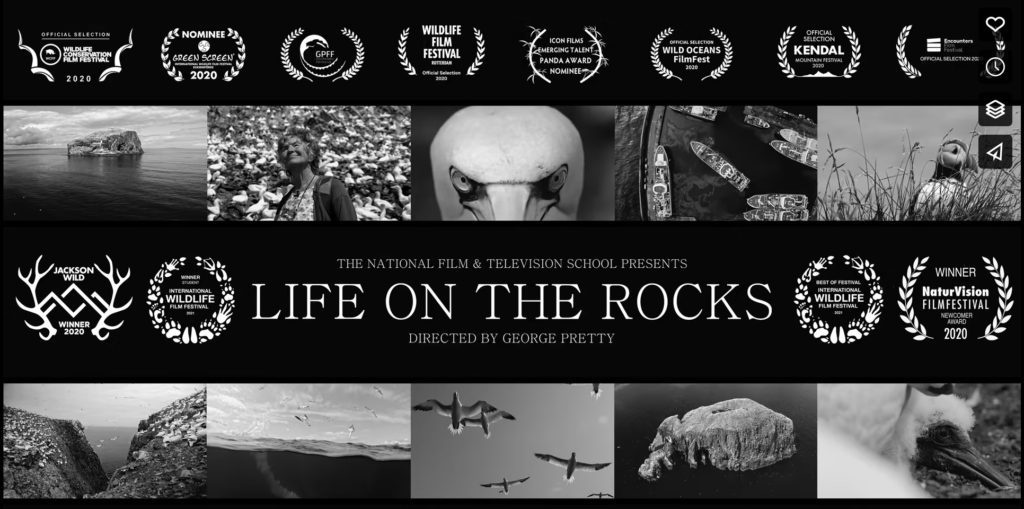Insightful essay for Aeon by Rhianb Sessen on the history of women hermits: “She Wants to Be Alone.” The essay isstructured around important women hermits, from Mary of Egypt, Ji Xian, Sarah Bishop,to AnneLaBastille … and the throwaway line of actress Greta Garbo: “I want to be alone,” which turns out to have actually been “I want to be left alone.”
From the article:
“So why aren’t there more women really alone, women hermits? A hermit, of course, is not just single, not just alone, but alone in a particular way: free from the dizzying pressures and possibilities of public life. The hermit is truly free from acting as lord or master, proprietor or minister, soldier or citizen, serf or king. The hermit is free even from the simple expectations of being a neighbour.
“For women, for most of history, it’s been mother or maiden, daughter or wife. The roles shuffle, their names and details changing, but all share one feature: which man does she care for, which man does she take care of? Woman as defined by man; woman as seen by man. How unappealing. With so few choices, it’s clear why we know of so few women hermits, and why solitude is viewed as male. For women, for most of history, it’s been mother or maiden, daughter or wife. The roles shuffle, their names and details changing, but all share one feature: which man does she care for, which man does she take care of? Woman as defined by man; woman as seen by man. How unappealing. With so few choices, it’s clear why we know of so few women hermits, and why solitude is viewed as male.”
URL: https://aeon.co/essays/is-becoming-a-hermit-the-ultimate-feminist-statement



